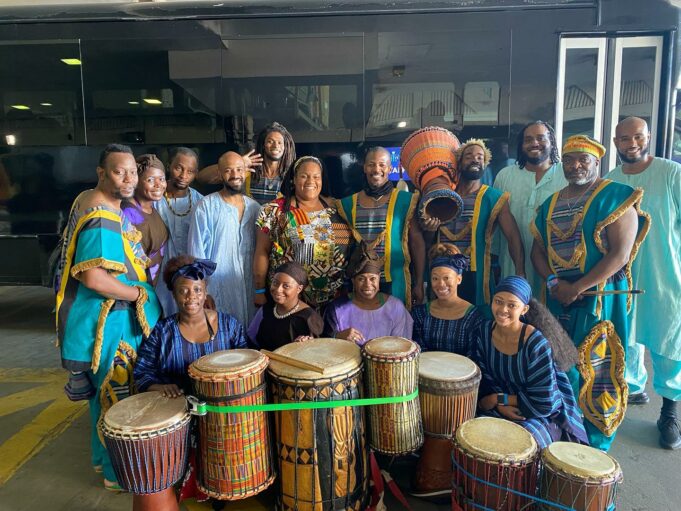by Anisah Muhammad and Michael Z. Muhammad
“God never intended for a woman to be ignorant! He never intended for a woman to be unlearned, uneducated because if you are unlearned and uneducated, you cannot fulfill your destiny.”—the Honorable Minister Louis Farrakhan, “The Divine Nature & Value of Women.”
Black women are doing great works and achieving amazing accomplishments all over the planet in efforts to uplift themselves, their families, and their communities. Sisters are truly making a difference in areas of education, art, culture, science, politics and overall nation-building.
As the Black community advances with its own ideas and thoughts, so too has the value of the Black woman in this mission and journey become more apparent.
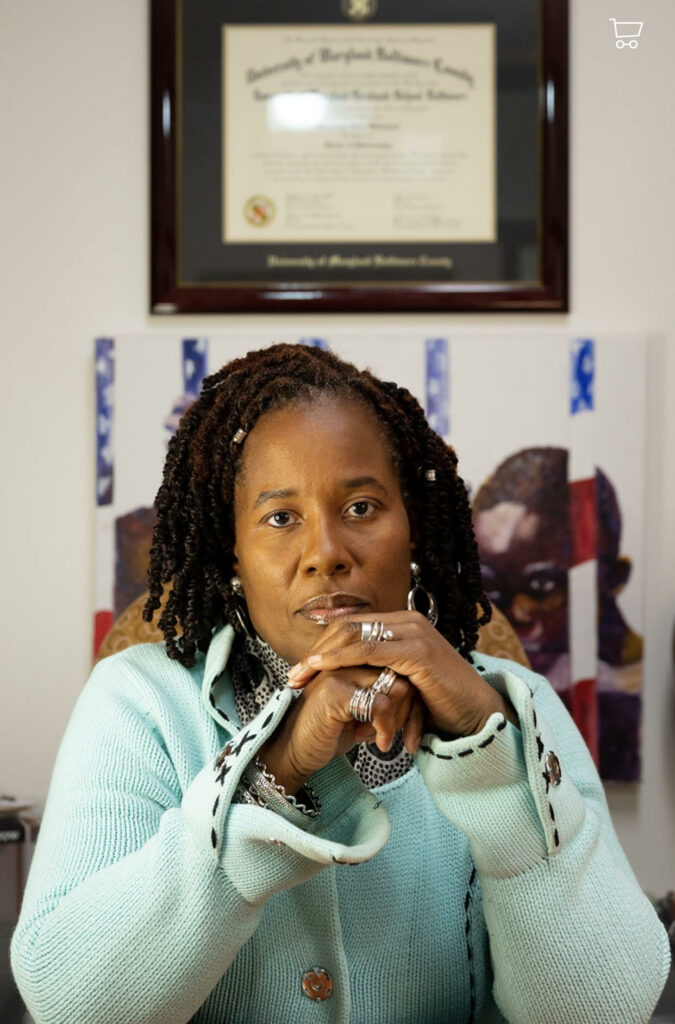
The Final Call interviewed Black women from all walks of life involved in different endeavors aimed at uplifting, inspiring and making a mark in the world.
Dr. Karsonya “Kaye” Wise Whitehead is founding executive director of The Karson Institute for Race, Peace and Social Justice, an associate professor of communication and African and African American Studies at Loyola University Maryland and the host of the radio show “Today with Dr. Kaye.” She’s also a mother of two sons.
“The work that I’m doing is really about trying to create the type of world where my sons can get home safely. I want them to be comfortable. I want them to be safe. I want them to be well taken care of,” she expressed to The Final Call.
She explained the importance of Black women in media, quoting the poet Allen Ginsberg: “Whoever controls the media, the image, controls the culture.”
“If you don’t tell your story, if you’re not in charge of telling your story, then they will tell it for you. And so often our story doesn’t get told in the right way. We’re always seen in the most negative light, so those of us who are in the media who can occupy that space have a deep responsibility to make sure that our story is being told accurately and our story is being told in all of its fullness,” said Dr. Whitehead.
“So, it’s not just about Black trauma and Black pain and Black death, but it’s also about Black joy and Black laughter and Black love. And the only way that those stories are going to be told is if we are in charge of telling them,” she added.

Black women have been occupying more spaces in media and Hollywood boardrooms. Sisters such as Shonda Rhimes, Ava DuVernay, Issa Rae, Quinta Brunson and even 17-year-old actress Marsai Martin have been directing, producing, and writing content that reflects various aspects of Blackness.
“There’s a challenge that comes along every day with being a Black woman. That is a challenge, that is part of our struggle. But there’s also an absolute joy that comes with being able to have the blessing of a platform,” Dr. Whitehead stated.
Her show covers everything from crime in Baltimore City to issues pertaining to the Black community to more hearty and light conversations.
Dr. Whitehead expressed Black women are at the center of what is moving Black people forward, whether that’s in politics with women such as Stacey Abrams running for governor of Georgia or in the legal sector with the recent nomination and confirmation of Judge Ketanji Brown Jackson as associate justice of the Supreme Court.
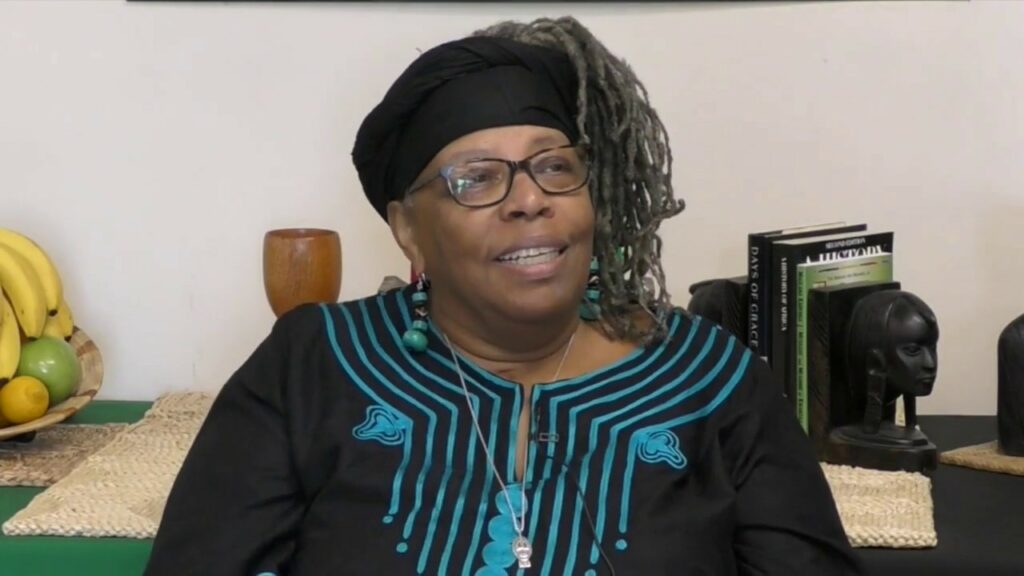
“We are in the middle and in the center of pushing everything forward. I think our biggest challenge as Black women is to really make self-care a priority,” Dr. Whitehead said. “And I think that once we do that, then we can begin to continue to be the healers, to be the light, to be the harbingers of hope that we have always been.”
The Philadelphia Dance Company (PHILADANCO!) was founded in 1970 by Joan Myers Brown. It was created out of a need to provide performance opportunities for Black dancers who were then systematically denied entrance in many local dance schools and had even fewer professional performance outlets.
PHILADANCO! has since grown into a professional dance company that is recognized across the nation and around the world for its artistic integrity, superbly trained dancers, and captivating performances.
Kim Bears-Baily is the artistic director of the dance company and told The Final Call, “Black women are strong and resilient, and we treasure our values, and nothing can really shake that. It’s in our DNA.”
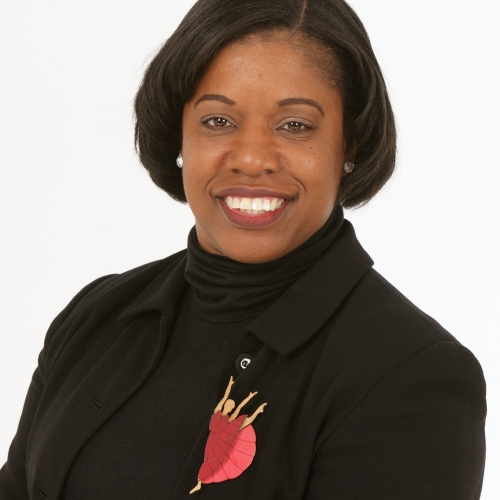
She pointed out one of the key values given to her as a Black woman was having positive role models and mentors that enabled her to develop her own voice.
“There’s a selflessness that these mentors were not selfish. It’s important for each generation to be able to have that, to look up to, to be able to know what’s possible because you witness it. Not just because you read about it,” she explained.
“With what these young people are facing now as Black women we need to be even stronger for them, to let them know that they’re not facing this alone. To see what’s possible, but also let them know that they are being seen and heard” she said.
Ms. Bears-Baily explained that it’s hard to comprehend the challenges that youth face today. “You just need to remind them about survival, how generations before them survived. However, as I said, I think that’s in Black women, in our DNA, and the arts is a way to survive. It’s also a way to heal. Women are healers. So, I know that even on my worst days, I can get up and go to the studio and everything will be okay. Although it does not mean nothing will change, it gives me some extra motivation to know there is a purpose to what I am doing since the kids are in the studio as well.”
Mother of Civilization
Maisha Ongoza of the Kawaida Institute is a Philadelphia activist and retired social worker. Her area of expertise is community development through the arts.
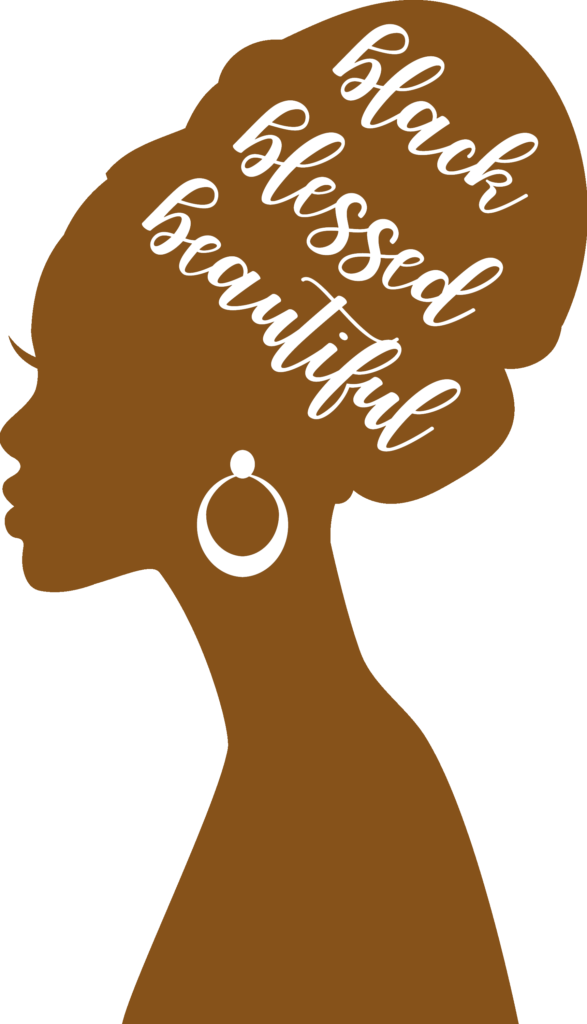
“Women in general are usually the first teachers. The transferring and motivating and inspiring people to go push forward usually come from females first as moms, because they spend more time with their children. As their first guides, first role models teaching, bonding, how we socialize. So that’s one of the values of being a nurturer in all aspects of life,” she said.
The Most Honorable Elijah Muhammad, Eternal Leader of the Nation of Islam, taught on the value of Black women and the importance of protecting and nurturing them so they can rise and develop to their highest potential. Mr. Muhammad in his monumental book, “Message To The Blackman in America,” in a chapter titled, “The Black Woman,” wrote: “She is your first nurse. She is your teacher. Your first lesson comes from your mother. If you don’t protect your mother, how do you think you look in the eyes of other fellow human beings?”
His top student, Min. Farrakhan, also teaches on the role and value of women in building and advancing civilization.
“The Honorable Elijah Muhammad taught us that where there are no decent women, there are no decent men, because the woman is the Mother of Civilization. Civilization is not judged by the man; civilization is judged by the female,” the Minister stated in a message titled, “The Immeasurable, Limitless Value and Beauty of a Woman.”
Black women have always played an important role in the movement and have always been a vital part of the community, noted Ms. Ongoza.
“However, the spotlight was typically on the Black man, even though most people knew it was the Black woman who did the majority of the work. The focus was on Black males since we know that they are the primary targets for White supremacy. Whites view Black men as their number one threat. We knew that. We didn’t mind having the brothers in front while we worked, but now we are going to work side by side. Our goals are to complement our strengths and work in tandem as a partnership and to be as visible as possible.”
Resilience our greatest strength
Oshunbumi Fernandez-West agrees. Black women play an integral role in Black culture because they create programs that educate and inspire younger generations, she told The Final Call.
Ms. Fernandez-West is CEO of the Odunde Festival, a Philadelphia-based gathering that attracts up to 500,000 attendees, covers 15 blocks and has more than 100 arts and craft vendors and two stages offering live entertainment. In addition to hosting internationally famous African and Caribbean performers, dignitaries, folk artists and cultural leaders, the festival is recognized as being one of the original “African American” festivals.
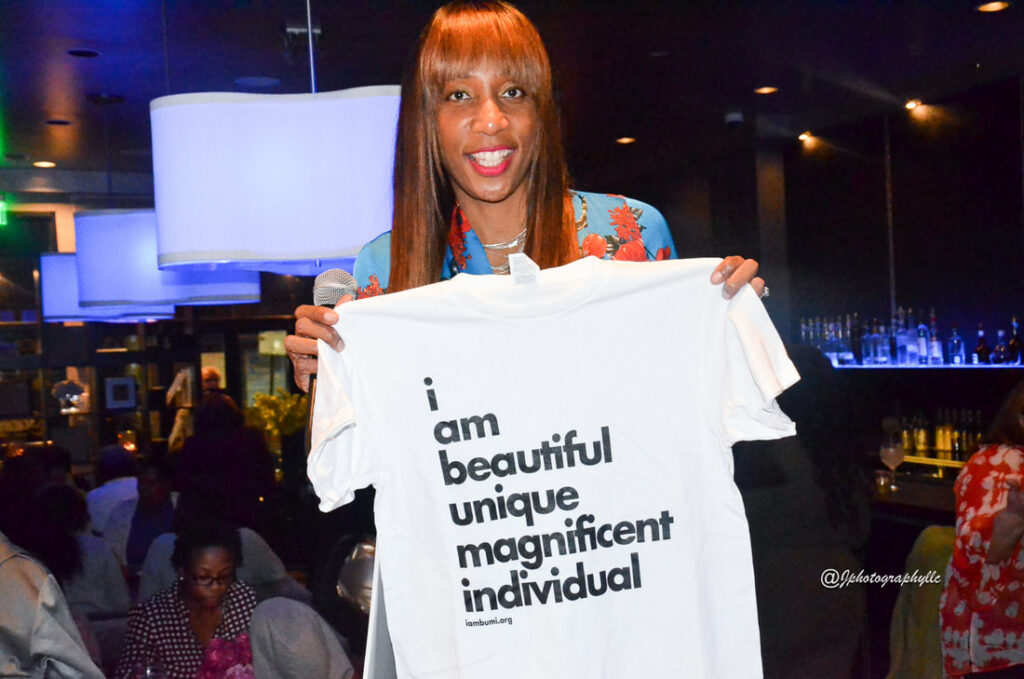
“We (Black women) are the backbone of the community. Black women are vital to the movement and have never been absent,” she said. As far as Ms. Fernandez-West is concerned, there are few obstacles to progress today. She asserted, “I believe that Black women and Black men working together can continue to uplift our community.”
Her mother Lois Fernandez created the Odunde Festival and she followed her mother’s detailed plan. “My mother left me a legacy,” she explained. “Having been given a blueprint, I am able to implement it.”
Wanda Dickerson is co-founder of the Universal Dance and Drum Ensemble and is based in Camden, N.J. In discussing the value of Black women, she talked about the importance of having a partnership with a Black man. Most importantly she said was the need to mentor youth.
“In our community center, we also created an entrepreneurship program for young people who maybe didn’t want to go to college or didn’t want to work for somebody,” she said.
“As Black women still, we have to be the backbone for Black men to even let them know still that no matter how they’re trying to destroy us, we are going to keep our family strong,” she said.
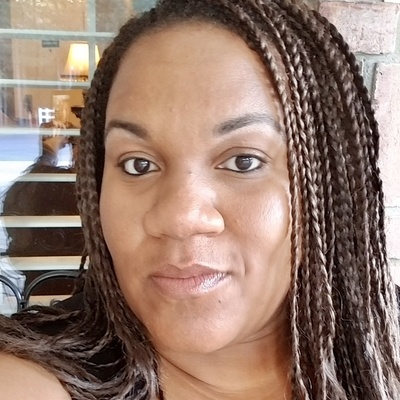
Regina Perry Carr is artistic director of Muntu Dance Theater of Chicago.
Through the education and presentation of dance, music, and folklore, Muntu Dance Theatre aims to preserve and perpetuate the African aesthetic and its influence on world cultures. The institution is 50 years old.
Ms. Perry-Carr stated from her vantage point the importance of Black women has always been that of a maintainer. “I would say, as a Black woman, the role of Black women and culture, especially in the African diasporic culture would be we are uplifters, we’re sustainers. We’re … carriers of the culture. We value the culture, and we value education inside of the culture and making sure that we pass on information,” she said.
“I think Black women are more critical now than ever before,” explained Ms. Perry-Carr. “Because there’s such a campaign to silence us about our concerns, our needs are often overlooked, especially when we speak of our experiences.”
She also emphasized the resilience of Black women in the midst of obstacles. “There is no end to all that Black women have to endure, positive, negative, everything.
Resilience is our greatest strength,” said Ms. Perry-Carr.
“The ability to be resilient, to find joy and to remain proud in the face of difficulty is a supernatural power. That is my prayer for every Black woman. This isn’t everyone’s situation, and I’m not naive about that. That’s really what I would focus on, right? The magical resilience,” said Ms. Perry-Carr. (Final Call staff contributed to this report.)












